Though Tuesday’s election answered one key question – who will become America’s president in January – Donald Trump’s surprise victory may have raised more questions than it answered as American voters, investors and leaders worldwide consider the ramifications of a Trump presidency.
While Hillary Clinton was generally regarded as the status quo candidate, Trump ran as an outsider with a background in business instead of politics, and his election brings more uncertainty about how his campaign platform will translate into policy.
Below, experts from the University of Virginia weigh in on a few key areas of uncertainty, including markets and the economy, global issues, Supreme Court implications, the future of health care, cultural divisions and the election’s impact on the intersection of media and the political process.
Market Reaction and Economic Outlook
As Trump consolidated his Electoral College lead Tuesday night, U.S. stock futures initially plunged, with measures like the S&P 500 futures slumping as much as 5 percent, reaching the limit designed to prevent further drops after hours.
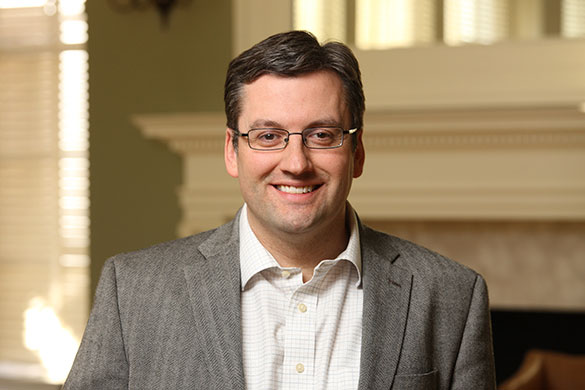
Richard Evans, Darden School of Business
However, by Wednesday morning, the market appeared to have calmed somewhat, with the Dow Jones Industrial Average, the S&P 500 and the Nasdaq Composite all relatively stable.
According to Richard Evans, an associate professor in UVA’s Darden School of Business whose research focuses on investment decisions, the stock market was perhaps less surprised than most pollsters.
“Most of the polls were within the margin of error and the markets had already accounted for some of that uncertainty,” Evans said. “International markets seemed to have made a greater assumption [that Clinton would win], and saw a more dramatic negative reaction.”
Going forward, Evans said that market-watchers will be primarily focused on two concerns: Trump’s perceived volatility and his fiery rhetoric on trade, which is of particular concern to global markets. Trump’s acceptance speech, which called for unity after the hard-fought campaign, could temporarily allay some of those fears.
“Both the U.S. and world markets are now in a wait-and-see period,” Evans said. “There are things that you might say in order to get yourself elected, and policy, rhetoric and stances that might change and become more measured once you are elected. We are waiting to see who Trump will be as president-elect.”
For now, Evans suggests that voters watch the markets carefully, because they build in expectations for the future and are often a good indicator of what the future might look like. He also suggests paying attention to changes in GDP and employment numbers in the coming months, as well as the Federal Reserve’s decision to raise interest rates in December, which is generally considered a measure of economic health.
– Caroline Newman
Health Care
Predictions of what will happen with the Affordable Care Act, colloquially referred to as “Obamacare,” are varied.
“It is easy to be critical of a policy that is there, but it is harder to be accountable about what you will replace it with,” said Carolyn Engelhard, director of the health policy program in the Department of Public Health Sciences at the School of Medicine.
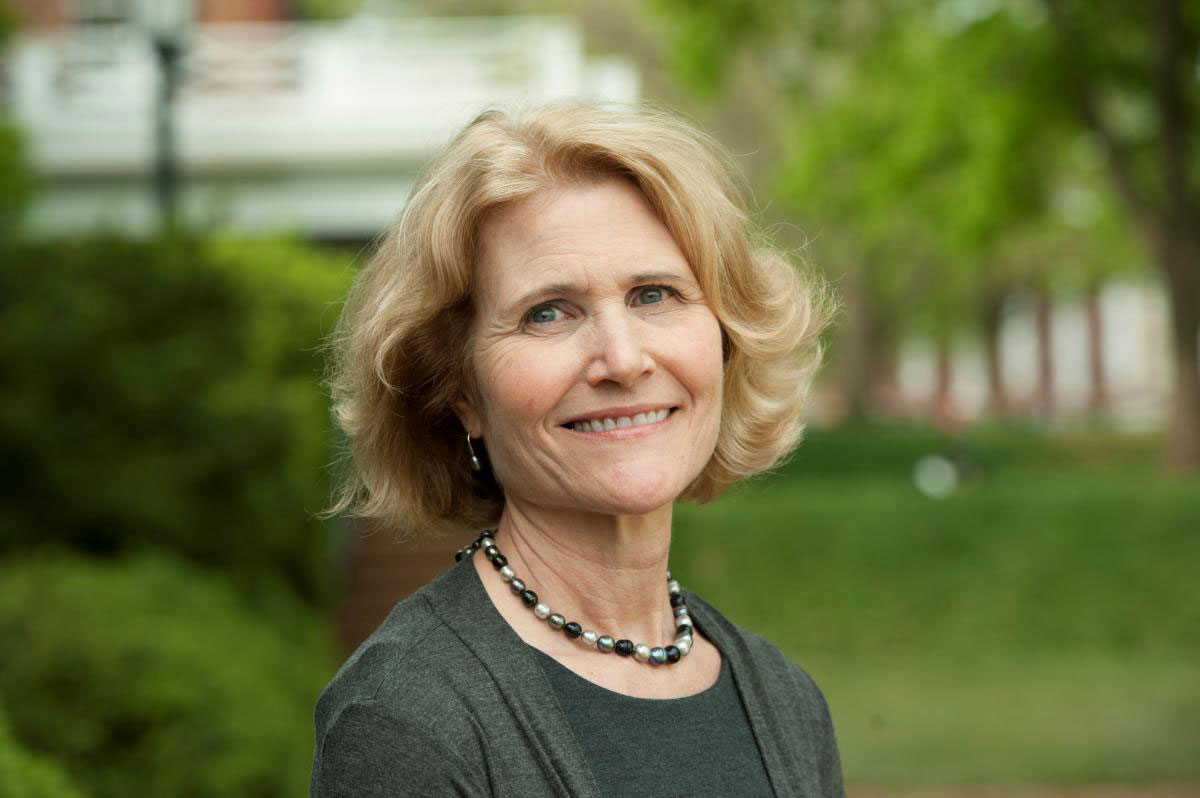
Carolyn Engelhard, School of Medicine
Engelhard – also the associate director of the Center for Health Policy, a joint venture between the Frank Batten School of Leadership and Public Policy and the Department of Public Health Sciences – believes there will be “dislocation and fear, especially for the poor and the unhealthy.”
She said there will probably be an effort to repeal the Affordable Care Act, but while the executive and both legislative branches of the federal government are being held by a single party, the Republicans do not have a filibuster-proof majority in the Senate.
“They can’t repeal it 100 percent, but they can take away the funding, which would affect a lot of things such as the individual mandate subsidies and the Cadillac tax on health plans,” she said.
She said while polls indicate the entire program is unpopular with the public, specific elements of it are popular, such as children being able to remain in their parent’s health insurance policies until age 26 and the prohibition against denying insurance to people for pre-existing conditions.
“Politically, you can’t just take away health care for 20 million people,” Engelhard said. “This is a complicated business and you need to keep all the stakeholders happy. If it were easy to come up with a plan, you wouldn’t have had so many plans fail over the past 60 years.”
Engelhard predicted that there would be more uninsured, and that hospitals would have to take more indigent patients, leaving medical centers in a position of having to return to their state legislatures for additional funding.
– Matt Kelly
Global Issues
Gerald Warburg, a professor in UVA’s Batten School of Leadership and Public Policy, emphasized that while millions of Americans were watching the votes come in as they awaited the results of the presidential election on Tuesday, so were people on the other sides of our borders and across the waters.
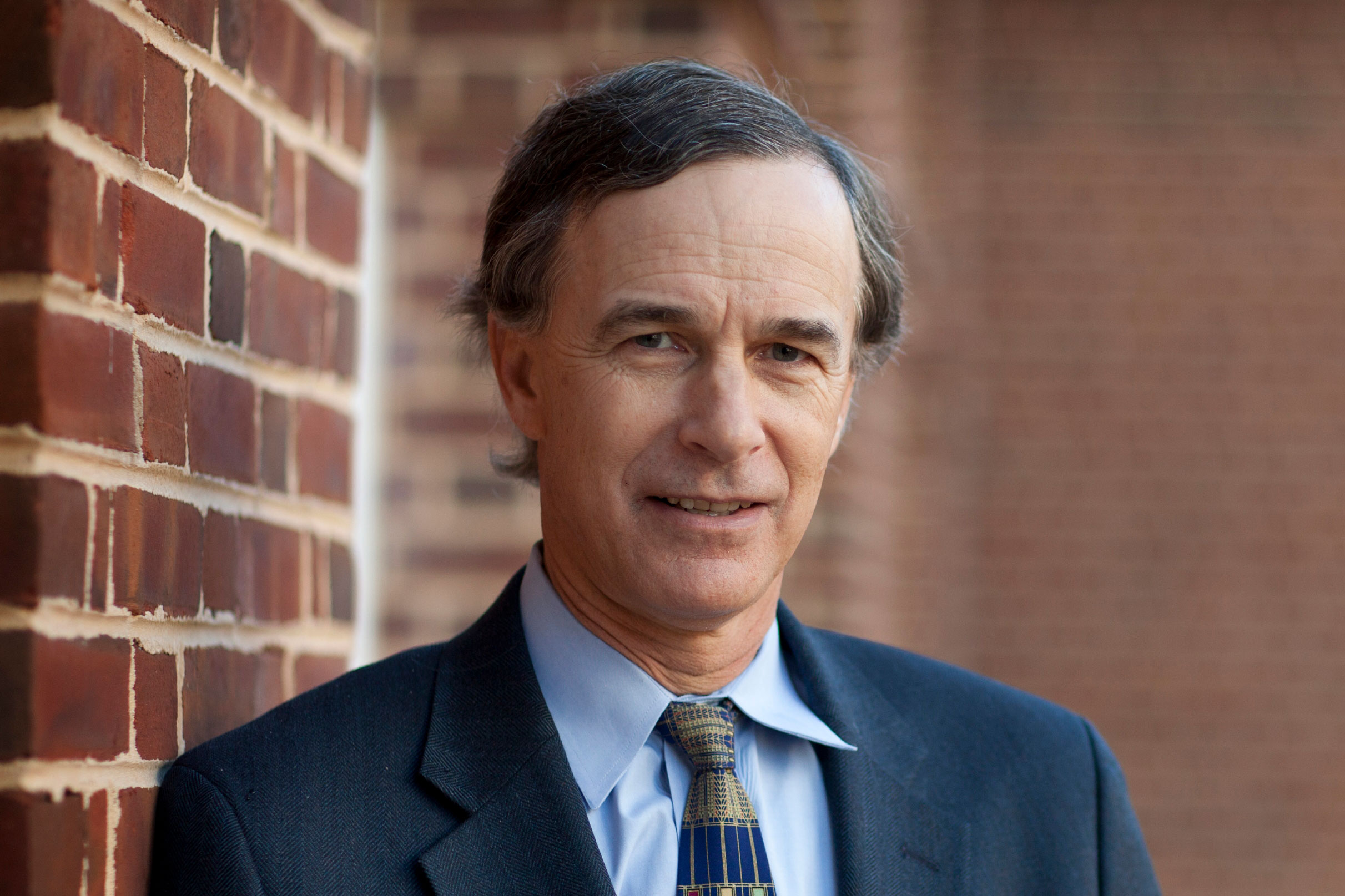
Gerald Warburg, Batten School of Leadership and Public Policy (Photo by Dan Addison, University Communications)
“I think the rest of the world will be very closely watching,” Warburg said. “There is a strong consensus in our country amongst Democrats and Republicans, liberals and conservatives, inside the Beltway and around the country, that America has a strong leadership role and responsibility to play internationally.”
Warburg said the profound impact that the United States has around the world and the global issues that have been, and will continue to be, faced aren’t going to go away.
“These issues will not be pushed aside by one party winning part of our government,” he said. “The American system reflects our voters, and we are clearly a very divided country and we are very anxious about our future. But having lived through other elections that resulted in very similar narrow divisions, I think you can expect more continuity than change.”
David Leblang, director of UVA’s Global Policy Center, noted that some of the feelings surrounding the state of international relations following the results of the election stem from uncertainty.
“As a politician now with no track record, nobody knows what [Trump] is going to do. It’s difficult to place a bet on whether he is going to do X, Y, Z vis-a-vis Mexico or China,” he said. “There’s no history there, so everybody is making a guess, and those guesses lead to an awful lot of volatility because nobody really knows.”
– Kaylyn Christopher
The Supreme Court
The nation’s highest court has been down a justice since February’s death of Justice Antonin Scalia. Since then, President Obama’s nominee, Merrick Garland, has been blocked in the Senate.
Saikrishna Prakash, the James Monroe Distinguished Professor of Law in UVA’s School of Law, said Garland’s hope of making it to the high court died with the defeat of Democratic presidential nominee Hillary Clinton.
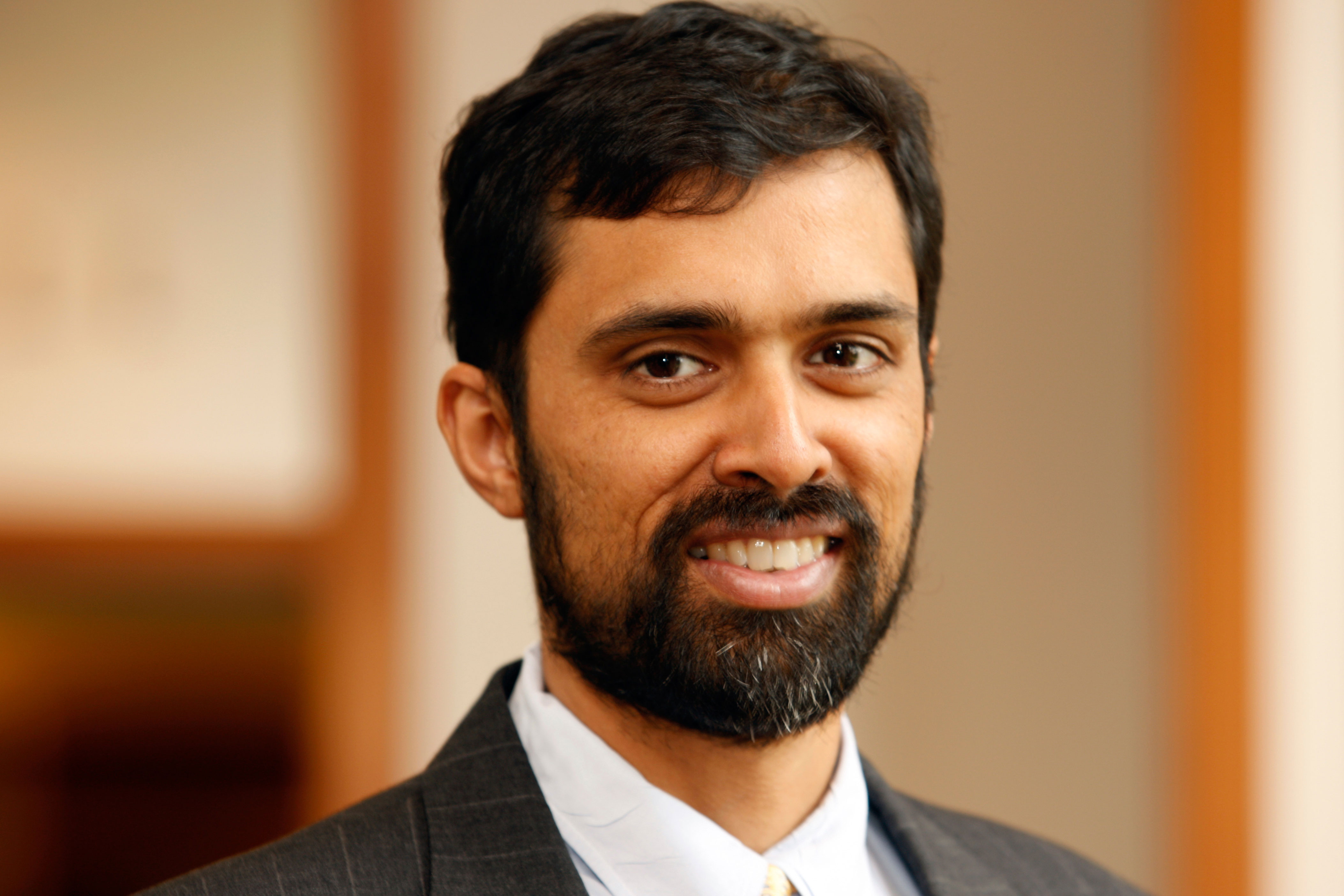
Saikrishna Prakash, School of Law
“The Senate certainly isn’t going to move on Merrick Garland at this point. Donald Trump has issued a list of people he would choose from in picking a Supreme Court nominee,” he said. “I think his supporters will fully expect that he will follow through and choose one of those people,” who are all conservatives.
Prakash said that while there is a lot of attention being paid to the Supreme Court, Trump has thousands of positions to fill, including those in his Cabinet and subcabinet.
“This is an important nomination and I know many people are focused on it,” he said. “Trump’s nominations to the lower federal courts will be quite important as well.”
There is also the question of how many Supreme Court positions will come open during Trump’s presidency. Of the eight sitting justices, three are aged 78 or older.
“There could be two or three seats come up, or it could be just this one,” Prakash said. “We just don’t know.”
– Jane Kelly
The Media
“Bad science at the wrong time” is how media studies professor and former CBS News correspondent Wyatt Andrews describes the national polling by media organizations that got so much wrong in the presidential election.
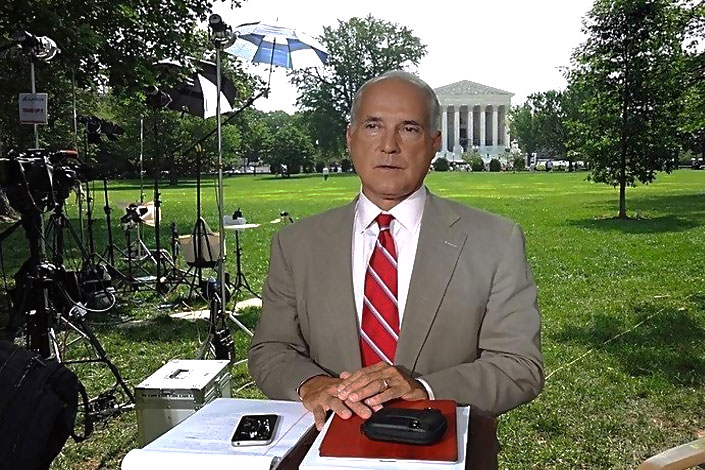
Wyatt Andrews, College of Arts & Sciences
“It’s not some case of bias against Trump by the media,” he said. “It’s because there was a problem with the polling data. The pollsters and data scientists got it wrong, and the media reported what the pollsters were saying.”
The problem, Andrews said, likely was a flaw in the data, caused by poor sampling methodology.
“The pollsters apparently didn’t sample enough suburban white women voters,” he said. “It may also be that these voters were undecided until just before the election, or that they told pollsters something different than how they actually planned to vote. It may be that the pollsters didn’t call enough of the right people at the right time. They will figure this out, and quickly work to fix it.”
There was one notable exception, Andrews said. The Los Angeles Times showed Trump ahead in the polls and likely to win by several points. The L.A. Times poll was considered by many to be the outlier, when most other news organizations were showing that Hillary Clinton was most likely to win the election.
“Pollsters and data scientists will be studying what the L.A. Times did differently – what they did correctly that other pollsters missed,” he said.
– Fariss Samarrai
The Cultural Divide
With just weeks to go before the election, UVA’s Institute for Advanced Studies in Culture released a survey that revealed Americans’ deep dissatisfaction with the country’s political culture.
The “2016 Survey of American Political Culture” was based on 1,904 telephone interviews with a nationally representative sample of American adults.
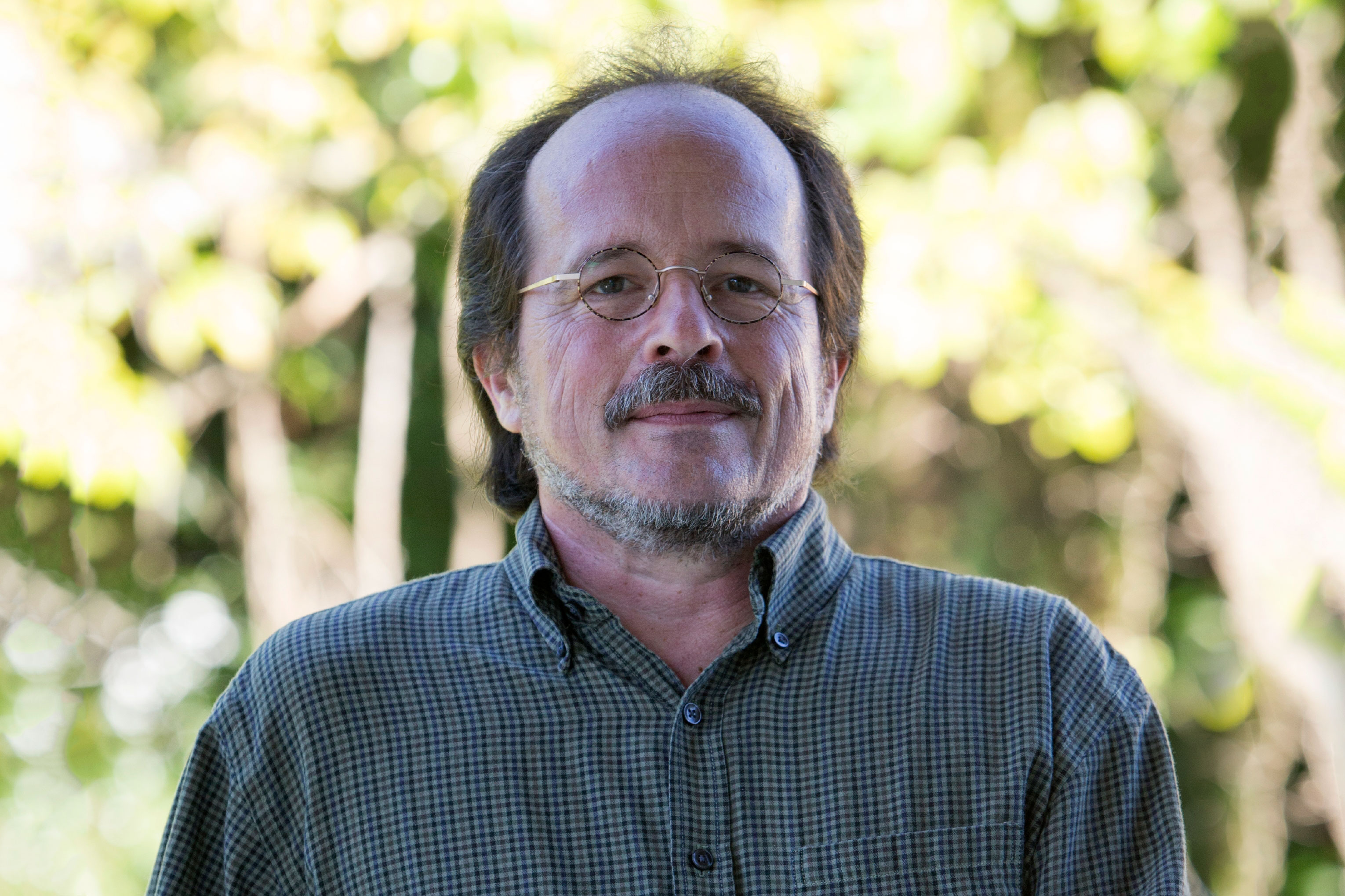
Carl Bowman, Institute for Advanced Studies in Culture (Photo by Sanjay Suchak, University Communications)
Director of Survey Research Carl Desportes Bowman said Wednesday the survey revealed divisions between what were termed “the uncredentialed” and the “credentialed.”
“The uncredentialed were those who did not have a college degree. So our biggest finding was that the largest differences in terms of confidence in the authority of government and the direction of government – the biggest differences were along that fault line, and that is what they are really seeing in the voting patterns from yesterday. But it was the centerpiece of our report a few weeks ago.
“So it’s people who have credentials and a knowledge economy to be successful, to think in terms of careers, to move ahead and think about where they want to be in 10 years down the road,” Bowman said. “That’s a way of imagining life, imagining the world, that most of those without a college degree don’t have.”
Bowman recently wrote a post for the institute’s Hedgehog Review blog about Obama supporters and Trump supporters.
“If we recognize the Obama phenomenon as something that represented the hopes of lots of people, then maybe what we have going on here is just an expression of hope from a different group of people,” he said.
– Jane Kelly
Media Contact
Article Information
November 9, 2016
/content/experts-weigh-key-issues-facing-nation-after-trump-win

